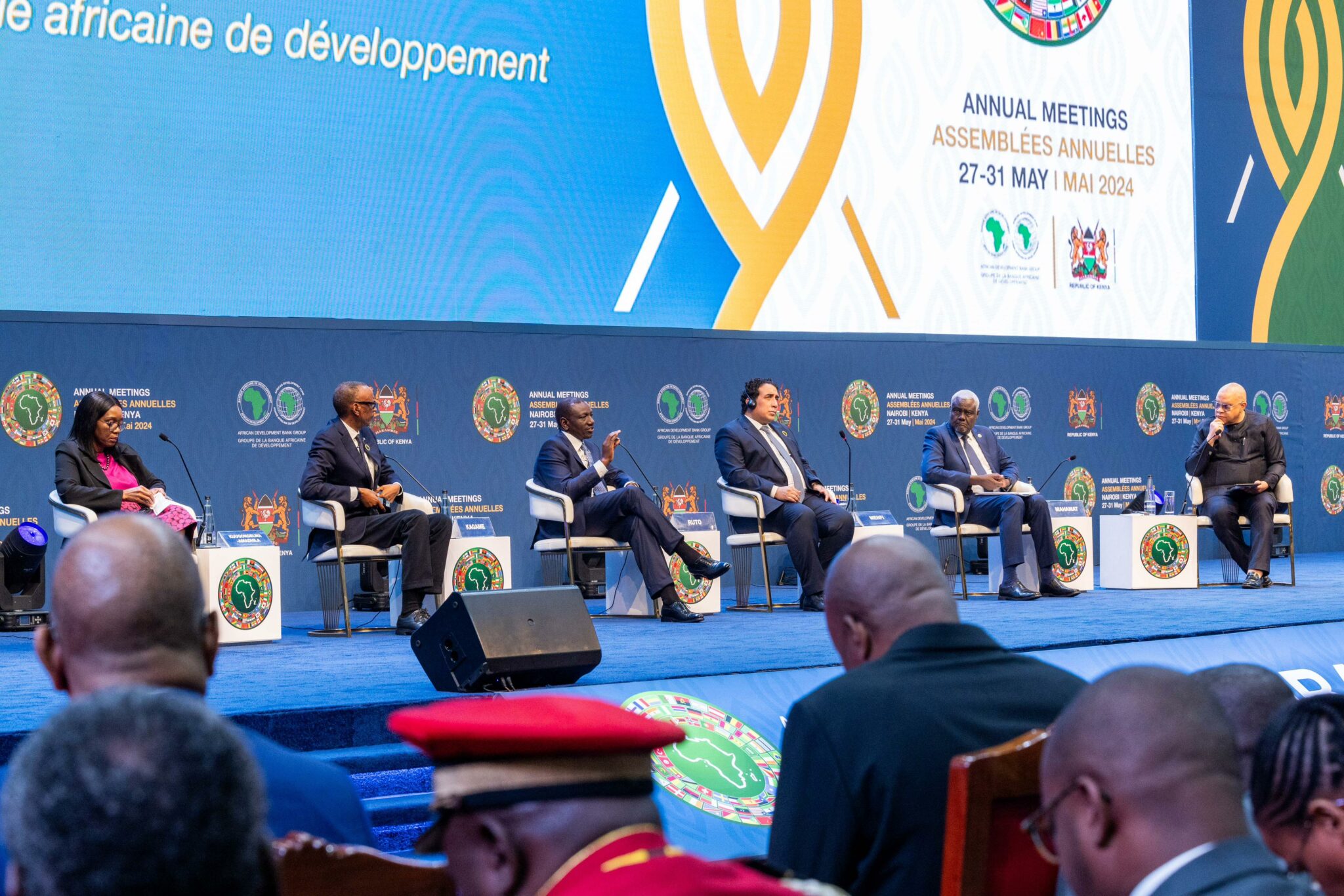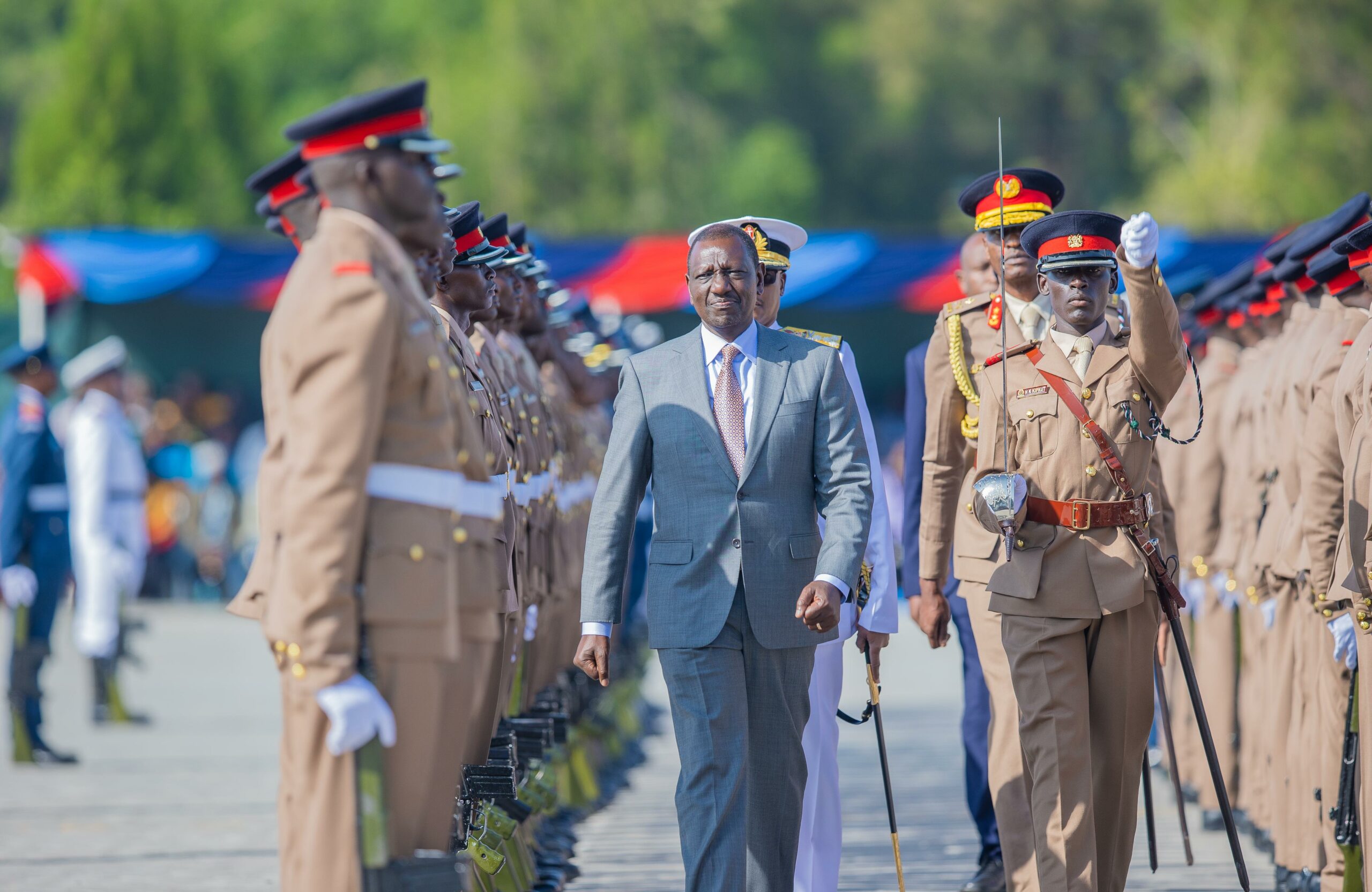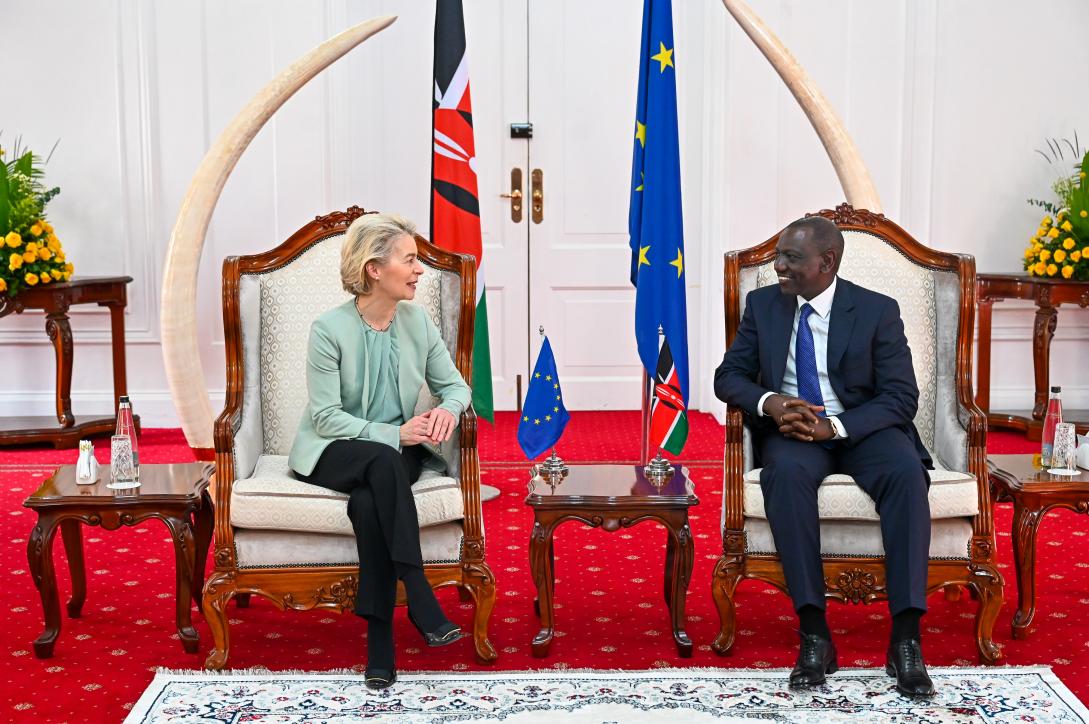
President William Ruto is steering the nation towards economic growth by adopting strategies reminiscent of countries that have successfully transitioned from third-world to first-world status. Ruto’s vision revolves around four pivotal pillars: affordable housing, universal healthcare, quality education, and job creation.
The approach to affordable housing, mirroring Singapore’s Housing Development Board (HDB), entails constructing 250,000 affordable homes per year. This endeavor not only provides shelter for Kenyans but also catalyzes economic activity in the construction sector.
The pursuit of universal health coverage draws inspiration from countries like Sweden and Switzerland, where citizens enjoy comprehensive healthcare services. Ruto’s universal health plan aims to ensure Kenyan citizens have access to quality healthcare while reducing the financial burden of medical expenses.
Education is a central focus of President Ruto’s blueprint, inspired by the world-renowned education systems of Finland and other successful nations. Initiatives such as the Competency-Based Curriculum (CBC) are designed to equip Kenyan children with essential skills and knowledge for the evolving job market.
Job creation is a vital aspect of economic transformation, as seen in the strategies of South Korea and Taiwan. Ruto’s administration is fostering employment opportunities in sectors like manufacturing, technology, and agriculture.
By embracing these key principles and focusing on these pillars, President Ruto is positioning Kenya for significant economic growth and development, setting the nation on a trajectory to join the ranks of first-world countries in Africa.






